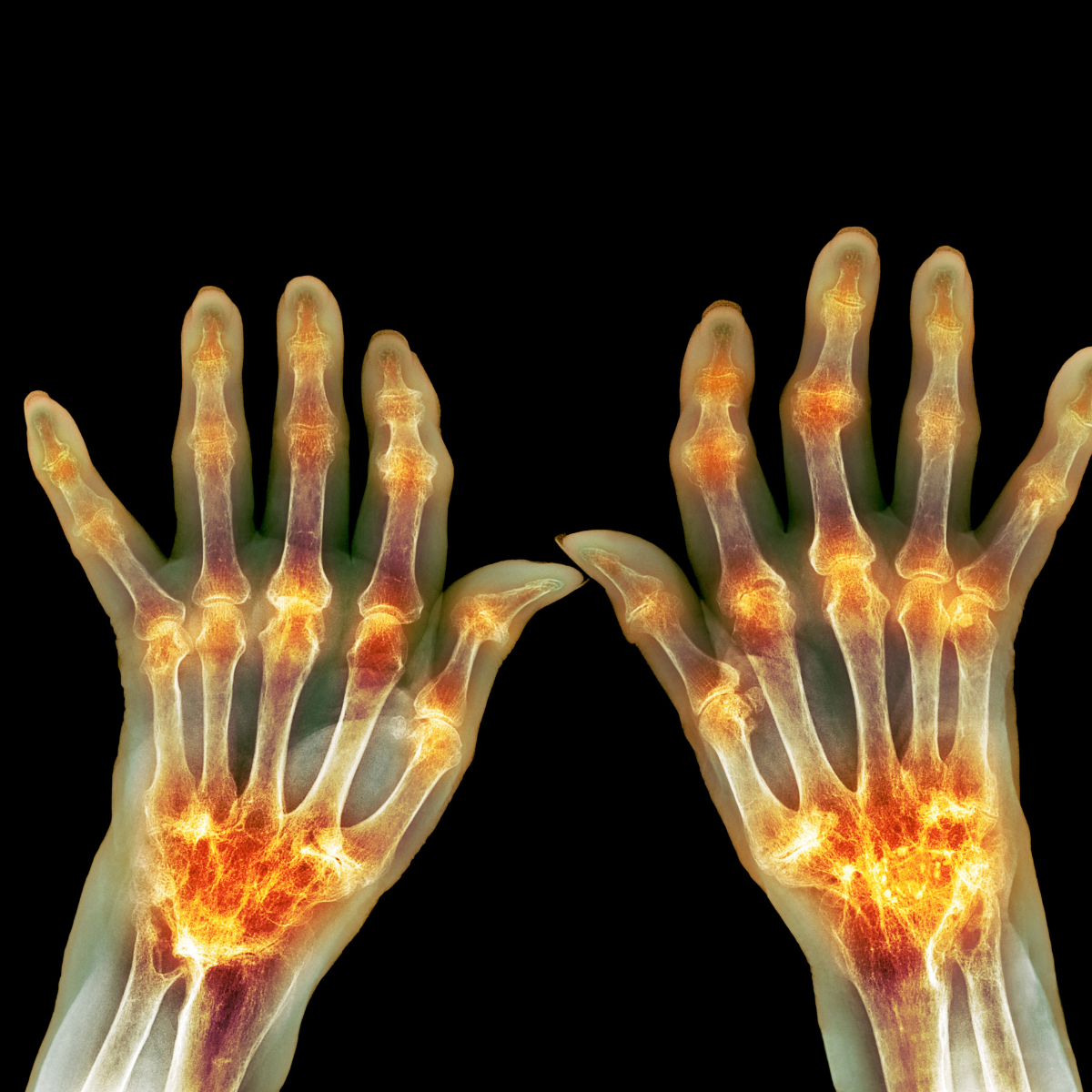
High Uric Acid
🧬 What Is Gout? Understanding the Condition
Gout is a form of arthritis caused by the accumulation of uric acid crystals in the joints. Uric acid is a waste product formed when the body breaks down purines, substances found in certain foods and produced by the body. When uric acid levels become too high, crystals can form in the joints, leading to inflammation and pain🔍 What's Happening Inside the Body?
Excess uric acid in the bloodstream can lead to the formation of sharp, needle-like crystals in joints and surrounding tissues. This triggers the immune system, causing inflammation, redness, and intense pain.
🧭 Common Underlying Causes
-
Dietary Factors: High intake of purine-rich foods like red meat, organ meats, and certain seafood.
-
Alcohol Consumption: Especially beer and spirits, which can increase uric acid production.
-
Obesity: Excess weight can increase uric acid production and decrease its excretion.
-
Genetics: Family history can play a role.
-
Kidney Function: Impaired kidneys may not efficiently eliminate uric acid
📊 How Common Is It?
Gout affects approximately 1–2% of the population, with higher prevalence in men and postmenopausal women. Lifestyle factors and genetics both contribute to its occurrence.
⚠️ Signs & Symptoms
-
Sudden, intense joint pain, often in the big toe.
-
Swelling and redness in the affected joint.
-
Warmth and tenderness in the joint area.
-
Limited range of motion during flare-ups.
-
Lingering discomfort after the severe pain subsides.
Note: Symptoms can vary among individuals.
🥗 Nutritional Approach to Management
🌿 Core Dietary Focus
-
Low-Purine Foods: Emphasize fruits, vegetables, whole grains, and low-fat dairy.
-
Hydration: Drink plenty of water to help flush uric acid from the body.
-
Limit High-Purine Foods: Reduce intake of red meats, organ meats, and certain seafood.
-
Moderate Alcohol: Especially limit beer and spirits.
-
Reduce Sugary Beverages: Avoid drinks sweetened with high-fructose corn syrup.
✅ Foods to Include
-
Fruits: Cherries, strawberries, and citrus fruits.
-
Vegetables: Leafy greens, bell peppers, and squash.
-
Whole Grains: Brown rice, oats, and barley.
-
Low-Fat Dairy: Yogurt and skim milk.
-
Legumes: Lentils and beans, in moderation.
⚠️ Foods to Limit (Not Avoid)
-
Red Meats: Beef, lamb, and pork.
-
Seafood: Anchovies, sardines, and shellfish.
-
Alcohol: Particularly beer and spirits.
-
Sugary Drinks: Sodas and fruit juices with added sugars.(Note: Individual responses to foods can vary; it's important to monitor how your body reacts.
💊 Key Nutrients to Focus On
-
Vitamin C: May help lower uric acid levels.
-
Omega-3 Fatty Acids: Found in flaxseeds and walnuts; may reduce inflammation.
-
Magnesium: Supports overall joint health.
-
Vitamin D: Essential for bone health.
Myth: All supplements are beneficial for gout.
Fact: Not all supplements are effective; it's best to consult a healthcare provider before starting any new supplement regimen
🧘 Lifestyle Recommendations
🏃 Movement & Sleep
-
Regular Exercise: Engage in low-impact activities like walking or swimming.
-
Adequate Sleep: Aim for 7–9 hours per night to support overall health.
🧘 Stress Management Techniques
-
Mindfulness and Meditation: Can help reduce stress-related flare-ups.
-
Yoga: Promotes flexibility and stress reduction.
-
Journaling: Helps track triggers and emotional well-being.
📈 Monitoring & Tracking
🔬 Relevant Blood Markers
-
Uric Acid Levels: To assess the risk of gout attacks.
-
Kidney Function Tests: To evaluate the body's ability to excrete uric acid.
-
Blood Glucose Levels: As high levels can be associated with gout.
📓 Body Signals to Monitor
-
Energy Levels: Fatigue can indicate flare-ups.
-
Digestive Health: Monitor for any changes or discomfort.
-
Sleep Quality: Poor sleep may correlate with increased symptoms.
-
Mood: Stress and mood changes can impact gout.
📝 Food/Symptom Journaling
Keeping a detailed journal can help identify personal triggers and effective management strategies.
📅 Ready to Take Control?
📅Click here to Book your free 30-minute consultation
What to Expect from the Consultation:
-
Personalized Assessment: Review of dietary habits and lifestyle.
-
Customized Plan: Tailored nutrition and lifestyle recommendations.
-
Ongoing Support: Regular check-ins to monitor progress and make adjustments.
🎥 Learn More
For a deeper understanding, watch our dedicated video on managing gout and high uric acid levels: Watch Here











